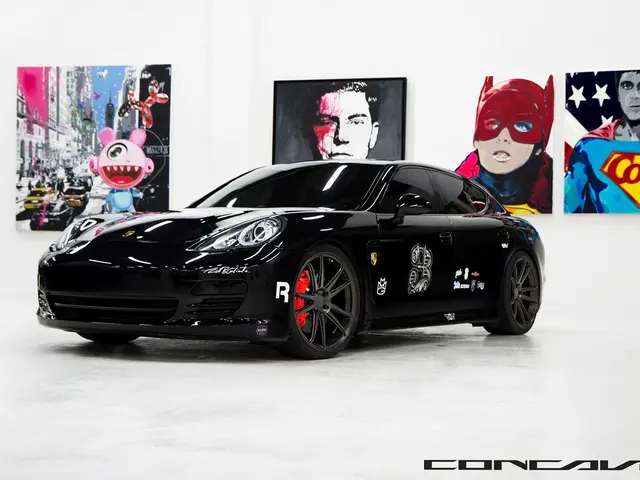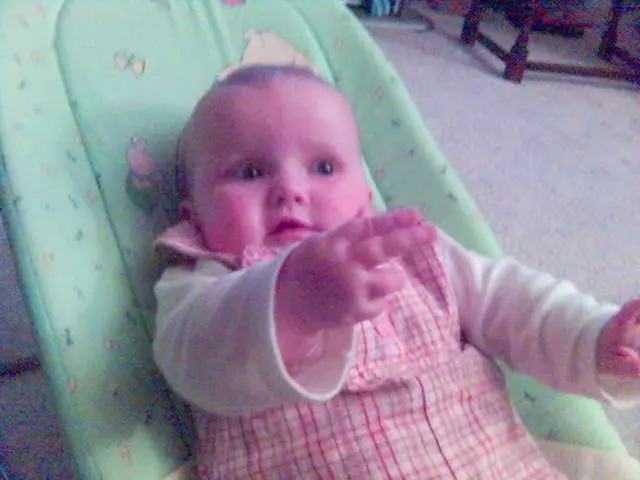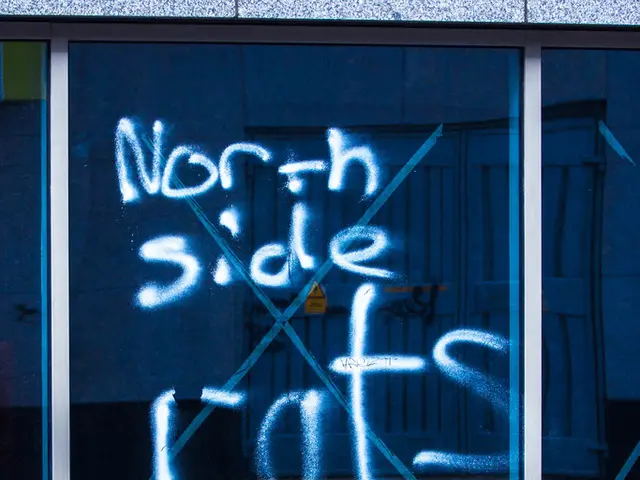Suspect Suge Knight discusses the alleged sex trafficking case involving Sean 'Diddy' Combs
The three-week trial of Sean "Diddy" Combs has put one name in the spotlight, even though he's locked away thousands of miles away – Marion "Suge" Knight, the rap impresario once viewed as Combs' fiercest rival in the golden age of hip-hop. In a series of phone conversations, Knight shared his thoughts on the trial, offering a disturbing glimpse into the private life of a pop culture icon who might spend the rest of his life in prison if found guilty.
Speaking freely, Knight denounced the toxic culture of abuse that permeated parts of the hip-hop industry, a problem he claims didn't originate with Combs. A convicted voluntary manslaughter offender, Knight is currently serving a 28-year sentence for a 2015 fatal hit-and-run incident. He has a lengthy criminal record, and his extensive ties to the Bloods street gang are well-documented by law enforcement.
If only Combs is held responsible for alleged violence and abuse within the realm of rap, according to Knight, it won't break the cycle. "If you're going to make Puffy answer, make everyone answer," Knight said, referring to individuals who profited from a system that fostered trading sexual favors for advancement or enabled the behavior Combs is accused of. "Change the theme of the culture of the problems in hip-hop," Knight repeated, often referring to Combs by his earliest street names "Puff" and "Puffy."
In the watchful eye of federal authorities, Combs and Knight's names have been intertwined for decades, symbolizing the explosive growth and subsequent rivalry of hip-hop. The bad blood between these two titans of the industry and their record labels has left a legacy that echoes through the annals of music history.
Knight's perspective sheds light on the private life of Combs, who's denied all wrongdoing and pleaded not guilty. Since the 1990s and early 2000s, Knight claimed that rumors about Combs' personal life had circulated, despite Combs not thrusting himself into the spotlight as a prolific womanizer. "I mean, we don't have enough time to name all the names," Knight said.
Combs' alleged use of fear and force to get what he wanted has been a recurring theme in the trial, beyond sexual favors. The prosecution's case against Combs hinges on the core accusation that he used coercion and force to get his way. One of the key witnesses, Capricorn Clark, testified that Combs had made it impossible for her to work elsewhere in the music industry, and that he had threatened to harm her if she did.
"He held all the power as it related to me," Clark sobbed in court. After leaving Combs' employment, Clark returned to work for him, explaining that she wanted her life back and hoped to continue her career in the music industry. Knight felt compassion for Clark, describing her as "a young woman who aimed to work hard and become successful in the world." He criticized the way she'd allegedly been treated and blamed others for not offering support.
Knight claimed Clark had been warned not to "tell on Puffy" and had allegedly been paid for her silence, all cautionary measures designed to protect powerful industry figures and preserve the status quo. "They put that woman in a position where she didn't have any choice but to be cool with these people if she wanted to be in the industry," Knight said.
Though Knight himself pleaded no contest to voluntary manslaughter and was sentenced to prison, he argued that Combs didn't create the abusive tactics allegedly employed. "Don't get me wrong, he (Combs) did terrible things, but he didn't come up with those things and those ideas on his own," Knight said. "I think he can do so much good right now, telling the truth about the industry."
Knight believes that airing the truth about the music industry's hidden issues is crucial to changing its culture. He suggested that Combs should be honest to prevent history from repeating itself. "It's a long list of people in the industry that are unhappy because of the things they were put through," Knight lamented. "The sad part about it."
- Marion "Suge" Knight criticized the hip-hop industry's culture of abuse, stating that it didn't originate with Sean "Diddy" Combs.
- Knight expressed his concern over the system that fostered trading sexual favors for advancement and enabled abusive behavior, calling for a change in this culture.
- Knight believes that Combs, despite holding a significant position in the industry, could do a lot of good by telling the truth about the industry's hidden issues.
- Knight argued that individuals like Capricorn Clark, who testified against Combs, were put in difficult situations and needed support, rather than cautions to remain silent.







